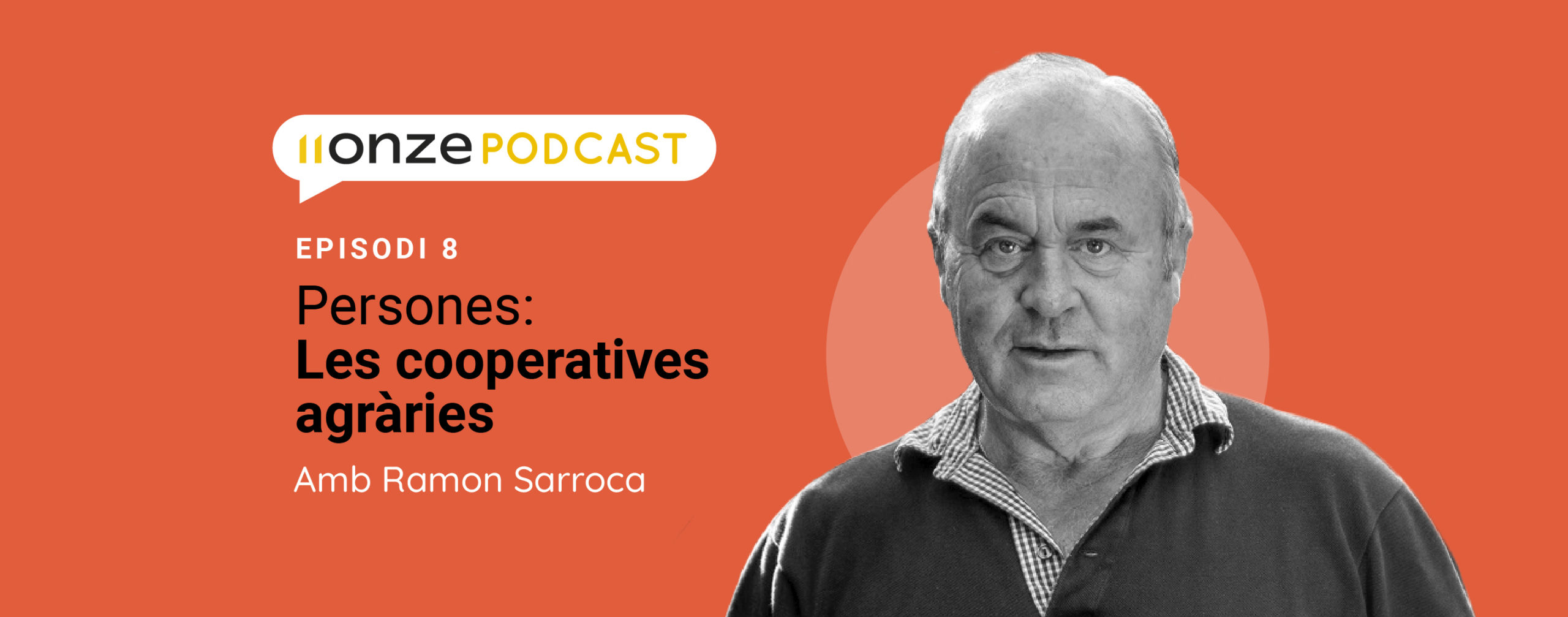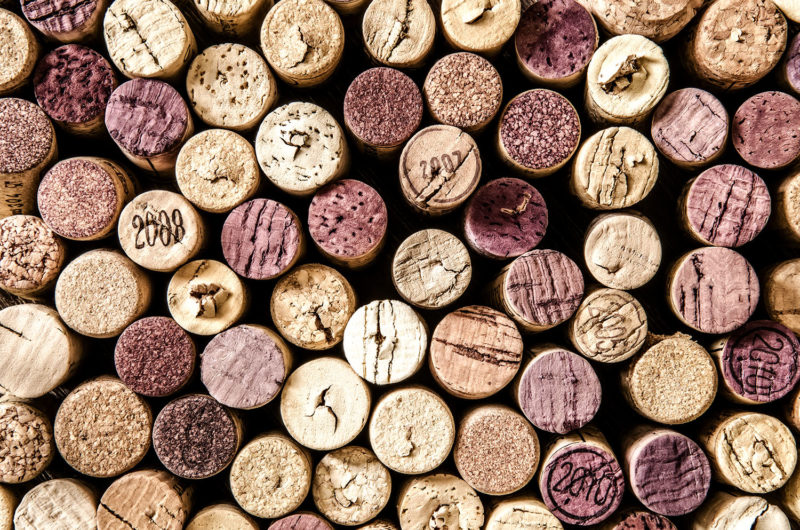

Cooperatives, the pillar of the rural world
The President of the Federació de Cooperatives Agràries de Catalunya (FCAC), Ramon Sarroca, defends the country’s agricultural cooperative model as a fundamental pillar. One hundred years after its emergence, it has successfully faced up to globalisation and industrialisation, but it still does not allow food sovereignty for the territory.
In recent decades, phenomena such as globalisation, digitalisation and industrialisation have accelerated social and economic changes which, in most cases, have not been transferred to rural areas. The paradox lies in the fact that it is precisely on the countryside that our survival depends. On an agrarian scale, Catalonia is a small and diverse country.
This is how Sarroca explains it to us, stressing that smallholder production in our territory cannot be compared with the large hectares of land found in Latin American countries, for example. This, together with the conditions of the land, the climate and the types of crops, means that agricultural production in Catalonia is not sufficient in relation to market demand.
Far from food sovereignty
Sarroca calculates that, even if all Catalan production were to remain in the region, it would perhaps be possible to supply just over half of the population. Thus, food sovereignty in Catalonia is a long way off, not only in terms of production but also in terms of consumption. Despite the fact that the pandemic has slightly altered consumption patterns and has had a greater impact on local products and local purchases, the reality is that this change is not enough for the agricultural sector: “We have a short memory, we are trying to go back to doing the same things, with the same guidelines, as before the pandemic,” Sarroca points out.
And he adds that, in addition to opting for local produce, the first filter that should be taken into account as consumers is to buy seasonal produce. “For many years now we in the cooperative world have been trying to explain that it is not normal to eat peaches or cherries in Catalonia in December,” Sarroca laments. Doing so, We promote the growth of imports and reduce the strength of local producers, who see year after year how the four big state distributors control almost everything that the end consumer eats.
Counting on the countryside
Another issue of concern for the agricultural sector is the new energy transition model that is being proposed and, in some cases, implemented in Catalonia. The debate revolves around the fact that a large surface area is needed for renewable energies, and the question is whether this has to be done by sacrificing agricultural land, as Sarroca denounces. He explains that in Catalonia there are areas where the conditions of the land make it impossible to grow crops. Similarly, there are industrial estate roofs, roads and other infrastructures that could perform the same function and, at the same time, contribute to preserving agricultural land.
Sarroca warns that “a cohesive rural world is the one that has to provide peace of mind in the urban world.” Health, education, job opportunities or access to banking… Cooperatives open up the range of actions that can be carried out to influence, directly or indirectly, in all these areas, and ensure that the rural world really is the social and economic engine to drive the country forward.
11Onze is becoming a phenomenon as the first Fintech community in Catalonia. Now, it releases the first version of El Canut, the super app of 11Onze, for Android and Apple. El Canut, the first universal account can be opened in Catalan territory.
Leave a Reply
You must be logged in to post a comment.






👏
Gràcies, Daniela!!!
👌
Gràcies, Joan!!!
M’ imagino el país organitzat amb aquestes bases, a la manera catalana. Som minifundistes, el pagès estima el seu tros , cooperativistes, autònoms, petits i mitjans empresaris, emprenedors , lluny de multinacionals. 11onze obre el camí, començant per la indispensable formació a tots els nivells, serveis i mercat propi. Anem pel bon camí.
Un camí que fem entre tots Mercè! Seguim…